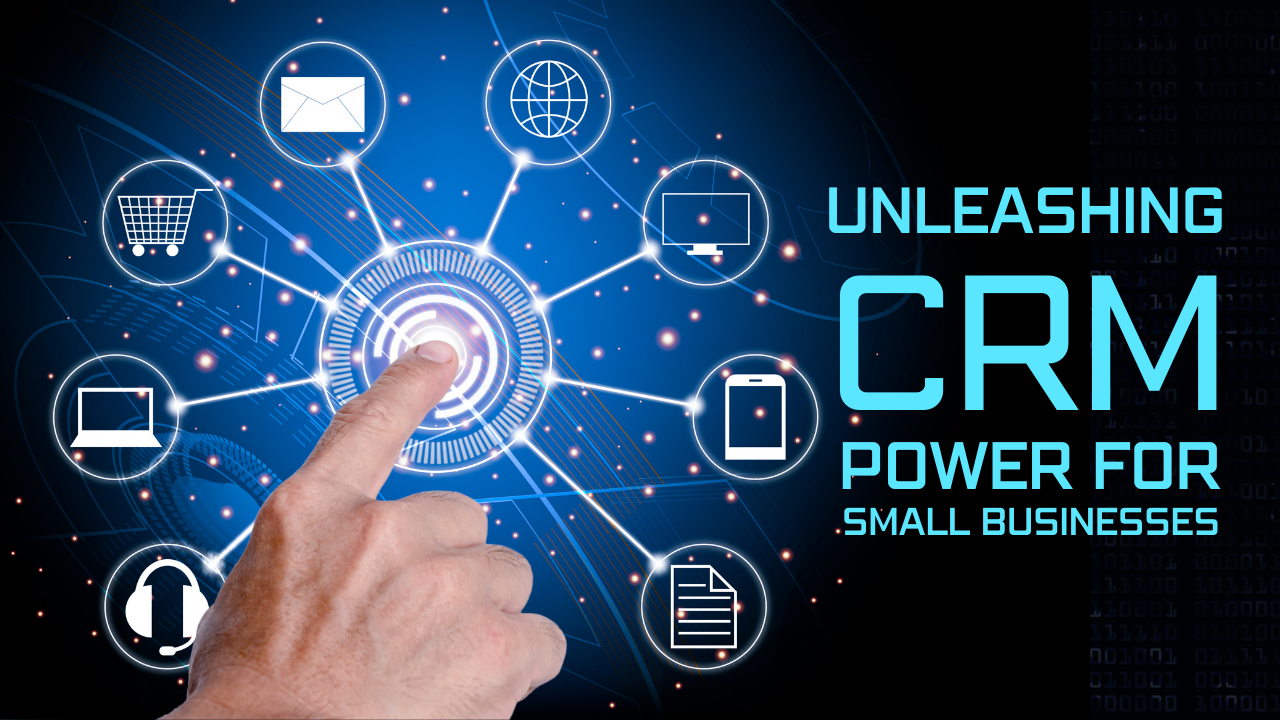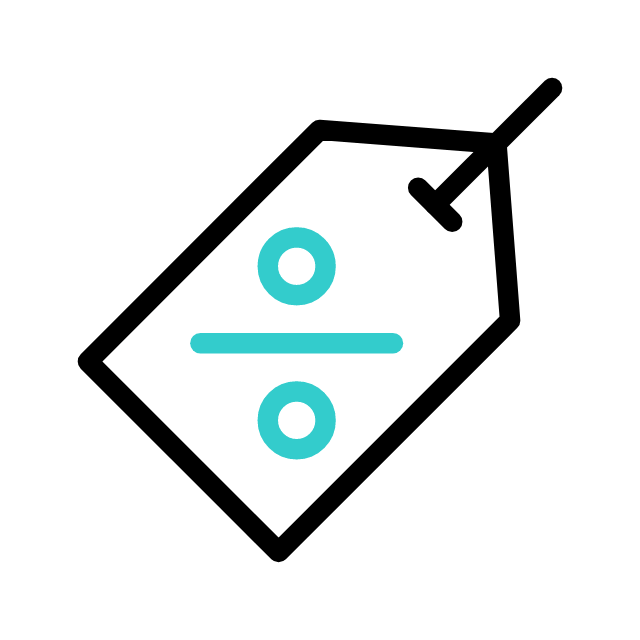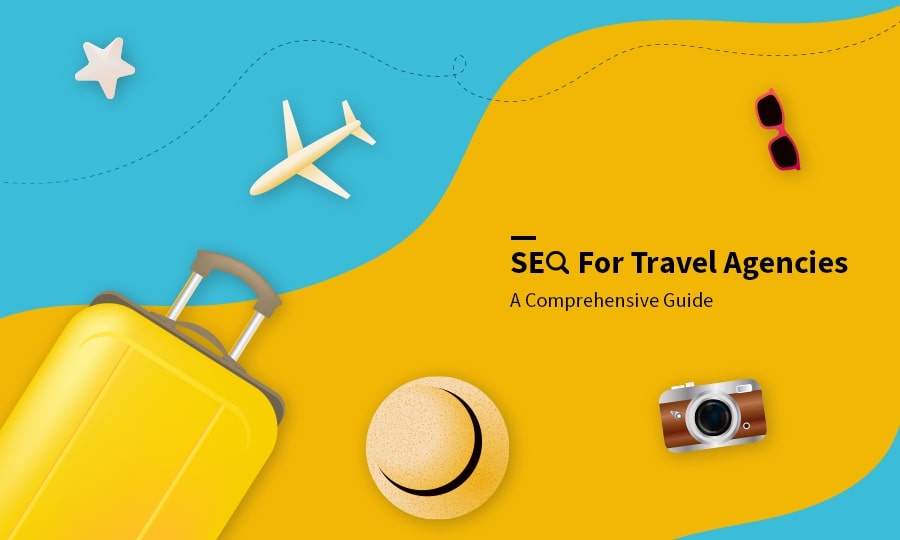
In the cutthroat world of travel agencies and tour operators, keeping customers is both an art and a science. Keeping a happy customer is much cheaper than getting a new one, and loyal customers often tell others about your brand. A travel CRM is a great way to keep people coming back to you for a long time. This article talks about how a modern travel CRM can help keep customers and gives agencies and operators tips on how to build trusting, repeat relationships with customers.
Why Travel Agencies Should Care About Keeping Customers
Loyal customers are more likely to recommend services, book trips again, and respond to targeted offers. It's easier to sell to people who are already customers than to people who are new customers. A business can be worth a lot more if it gets repeat customers. Even a small increase in customer retention can lead to big profits.
When they travel, happy customers like getting personalised service, having their itineraries, clear communication, and planning. To meet those expectations regularly and a large scale, a travel CRM is very important.
Centralised data lets you give each customer a unique service.
A good travel CRM keeps all of your customers' profiles, travel histories, preferences, feedback, contact information, and past bookings in one place. That 360° view lets travel agents make personalised trip suggestions, guess what their clients will need, and make memories that will last a lifetime. It makes sense to give a client personalised options when an agent knows that they love beach vacations or have special dietary needs. This makes the client happier and more loyal.
That level of personalisation is what makes expert agencies different from the generic travel sites that clients could find anywhere else. It makes people closer, even when they use technology.
Setting up automatic messages and follow-ups
You need to keep your customers interested regularly if you want to keep them. A travel CRM can automatically handle things like confirming bookings, sending reminders, updating itineraries, asking for feedback, and following up after a trip. Agents can send personalised offers, set up thank-you notes, or ask for reviews at important times after a trip.
Automation makes sure that no client is missed, cuts down on mistakes, and takes away the need for manual oversight. It combines professionalism with warmth, making it easy for people to remember the brand.
Exact Segmentation and Offers That Are Right for You
Every client is different. Some people like to go on luxury vacations, while others like to go on adventure trips, honeymoons, or vacations with their families. With a travel CRM, you can group your customers based on their past trips, demographics, behaviour, and preferences. Agencies can send campaigns that are relevant to their clients when they have accurate segments. For instance, they could send people who have already booked cruises early-bird discounts on those trips. People are more likely to book again when things are relevant to them.
Segmentation also helps you find clients who are at risk, like those who haven't booked in a while. This can lead to retention campaigns or personal touchpoints, all of which are easy to handle with travel CRM workflows.
Better control of leads and the flow of conversions
The first question is the start of retention. A travel CRM keeps track of inquiries, rates leads, assigns follow-ups, and tracks how well leads are converting. This regular lead management makes sure that responses are sent on time and helps turn prospects into clients. The same system switches to retention mode after a booking is made. This includes follow-ups, reminders, trip updates, and future offers.
No client "falls through the cracks," and every chance to do business again is taken care of.
Talk to each other in real time across channels
WhatsApp, SMS, email, chat, and social media are just some of the ways that people who travel these days talk to each other. A travel CRM puts all communication in one place, so agents can stay in touch no matter how they do it. Updates are sent right away when plans change. Clients get confirmations, alerts, or emergency messages right away. Customers feel like they are being taken care of and supported on their journey, which makes them trust you more.
Teams are also on the same page inside the company: every agent can see past conversations, which makes sure that service goes smoothly even if different people are in charge of different parts of it.
Feedback and Follow-Up After the Trip:
People are more likely to stay when they are actively involved after a trip. A travel CRM automatically gathers feedback, asks for reviews, shares photo galleries or memories, and gives people reasons to book their next trip, all of which are planned after the trip. If you send your clients a thank-you note on time along with a small discount or a personalised itinerary suggestion, they are more likely to book again.
Getting feedback also helps agents know how good the service is and how the customers feel.
Loyalty programs and rewards for referring friends
Many travel CRM systems have parts that help with referrals and loyalty. They keep track of points earned, VIP levels, bonuses for referring friends, and rewards for booking again. Happy customers come back and bring new ones when you give them reasons to book again and tell their friends about you. Travel agents can use the travel CRM to find clients who haven't booked in a while and send them special loyalty offers.
Using analytics and proactive strategies to keep customers
A travel CRM with real-time dashboards and analytics shows you booking trends, the lifetime value of a client, how often they talk to you, and how many clients you keep. Agencies can use those numbers to find groups that are at risk, high-value repeat customers, and ways to keep them interested, like personalised outreach or VIP upgrades, before the relationship starts to fade.
Retention is no longer a reaction; it is now a plan.
Making sure everyone is on the same page and working together as a team
Centralisation is important when more than one person is in charge of making reservations, talking to customers, and following up. Everyone can see the same client file in a travel CRM. This file has notes, tasks, history, and preferences. This makes sure that every location and team gives the same level of service. This keeps people from getting mixed up, sending the same message twice, or not following up the same way every time. The result is dependable service and more customers who stick with you.
Following the rules, trusting people, and keeping data safe
Clients give agencies private information like their contact information, payment information, and passports. A modern travel CRM protects customer data, follows the rules, and stores it safely. When you handle your clients' information professionally and give them accurate, timely updates, they trust you more. That trust is what makes them come back.
A human touch. Technology has made things better
Automation and personalisation should never feel like robots. By sending birthday and anniversary greetings and suggesting trips based on what the client liked in the past, a travel CRM makes the client experience more personal. Agents can easily remember these things. That little personal touch makes customers feel remembered, valued, and more likely to stay loyal.
Helpful CRM Tips for Keeping Customers
To get the most out of CRM for keeping customers, you might want to try these things:
Choose a solution that works with email, SMS, WhatsApp, payments, and tools for making reservations.
Show workers how to fill out detailed profiles, tag their preferences, and use segmentation.
Set up automatic tasks like reminders, follow-ups, and surveys for feedback.
Create loyalty programs, give out rewards for referrals, and make deals just for you.
Watch metrics like the repeat booking rate, the churn rate, the client lifetime value, and the satisfaction scores to see how well you're keeping customers.
Look at feedback and use what you learn to improve your offers, policies, or communications.
Example: Travel agencies that use CRM well
Many travel agencies that use CRM say they keep more clients and make more money from repeat clients and referrals. Agents who use CRM to personalise offers, automate follow-ups, and group clients get more repeat bookings and stronger loyalty. Tour operators who send out personalised itineraries, respond quickly to feedback, and keep in touch with travellers through many channels keep more of them happy.
Customer profiles that are unique to each person
Touchpoints that are always the same for automated communication
Targeted engagement through loyalty campaigns and segmentation
Talking to each other in real time across channels
Real offers, feedback loops, and tracking referrals
Analytics for actively managing retention
Data that is safe and in one place, and teamwork that works well
When agencies use a strong CRM, keeping customers becomes more than just a "nice to have" thing; it becomes a sure way to grow.
Conclusion
You can't just send clients friendly emails now and then to keep them. You have to pay attention to them all the time, make personalised offers, talk to them quickly, and earn their trust. A travel CRM is a system that helps keep customers by combining structure, automation, insight, and personalisation. Travel agencies and tour operators that want to grow by getting people to come back should see it as more than just a tool; they should see it as a way to build long-term success.
Make sure your metrics for keeping customers are clear. Choose a travel CRM that fits the way your team works and the technology they need. Set up workflows to get feedback and keep people interested. Then look at the results: repeat bookings, referrals, and customer satisfaction. Then, some changes will be made. Retention gets better over time, and brand loyalty gets stronger.
A travel CRM is a must-have for any travel agency or tour operator that wants to keep customers coming back and telling others about their business.

 Start your Travel Business with Our 7 Day Free Trial Website!
Start your Travel Business with Our 7 Day Free Trial Website!





